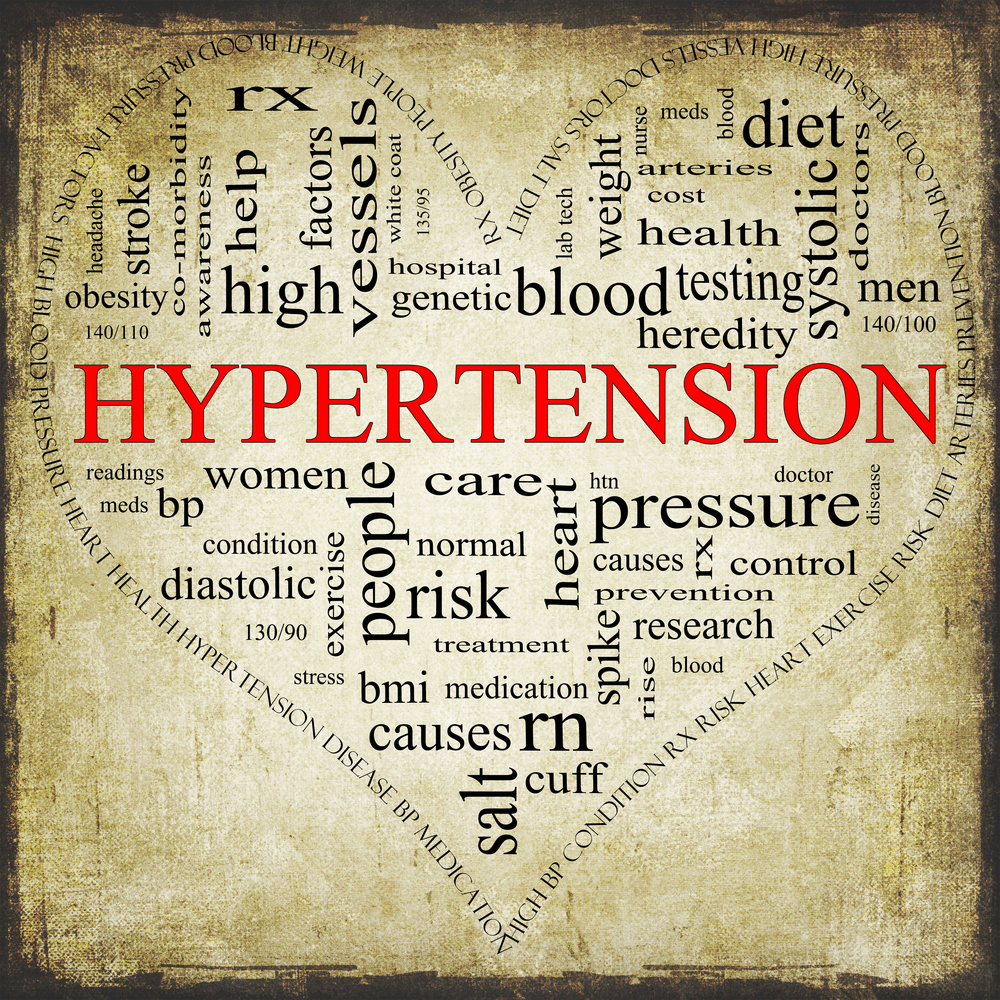 People tend to eat when overcome with feelings of stress, boredom, or even loneliness. But they have the ability to stop. However, people suffering from Bulimia don’t have a choice. Overeating is a compulsion in this disorder. Instead of eating proper meals after overeating, the patients feel guilty and punish themselves. They do this by purging, fasting, exercising, or even dieting to get rid of the extra calories they gained. The continuous cycle of binging and purging effects the patient’s emotion and physical health. You must note that this cycle can break. Patients should start undergoing treatment to develop a healthy appetite and to overcome feelings of guilt, anxiety and shame.
People tend to eat when overcome with feelings of stress, boredom, or even loneliness. But they have the ability to stop. However, people suffering from Bulimia don’t have a choice. Overeating is a compulsion in this disorder. Instead of eating proper meals after overeating, the patients feel guilty and punish themselves. They do this by purging, fasting, exercising, or even dieting to get rid of the extra calories they gained. The continuous cycle of binging and purging effects the patient’s emotion and physical health. You must note that this cycle can break. Patients should start undergoing treatment to develop a healthy appetite and to overcome feelings of guilt, anxiety and shame.
What is Bulimia?
Bulimia nervosa is a struggle to lose weight and desire to binge eat. The patients feel guilty immediately after consuming the food, thus try to eliminate the effects by taking drastic measures to lose weight. However, Bulimia does not always involve purging. If a person tries to make up for binge eating by fasting, exercising, or going on crash diets, it can then be considered as bulimia.
Am I Bulimic?
To know if you suffer from bulimia or another eating disorder, answer the questions below:
- Do you obsess over your physical appearance and weight?
- Is the food and dieting a priority in your life?
- Do you feel you won’t be able to stop eating once you start?
- Do you feel guilty or depressed when you eat until you feel sick?
- Do you try to control your weight by vomiting or consuming laxatives?
The binge and purge cycle
Bulimia is triggered by excessive dieting. The more rigid your diet routine is, you are more likely to obsess over food. Your body responds with strong cravings when you starve yourself. When you cannot control the urge to eat anymore, you eat something that is satisfying to you. But that causes you to think of yourself as a failure. Binging makes you feel guilty and so you purge to make up for it. However, purging puts binge eating back into action.
Purging does not prevent weight gain
Purging has never helped anybody get rid of calories. Thus, people suffering from Bulimia eventually gain weight. Only 50 % or lesser calories are eliminated by vomiting immediately after eating. This happens because you immediately begin to absorb calories the moment the food is in your mouth. Laxatives have proved even less effective with only 10 % of calories consumed being eliminated.
Signs and symptoms of Bulimia
A person suffering Bulimia tries to hide their binging and purging habits by doing so alone. They do this because they feel ashamed for not being able to control themselves around food. However much the patient tries to hide their disorder, family and friends are bound to notice the symptoms.
Binge eating signs and symptoms
- Lack of control over eating – The patient continues to eat until the feeling of physical discomfort and pain.
- Secrecy around eating – The patient eats when everybody is asleep, to get privacy.
- Disappearance of food – Wrappers or hidden stashes of food found around the house. Alternate between overeating and fasting – The patient does not eat regularly, it’s a case of all or nothing.
Purging signs
- Going to the bathroom after meals- Goes to the bathroom immediately after a meal.
- Using laxatives, diuretics, or enemas – The patients take pills or use the sauna after eating.
- Smell vomit – The patient or the bathroom may smell of vomit.
- Excessive exercising- Strenuous work out sessions soon after eating.
Physical signs and symptoms of Bulimia
- Calluses or scars on the knuckles or hands – these marks appear from sticking fingers in the throat to vomit
- Puffy “chipmunk” cheeks – Caused by repeated vomiting.
- Discolored teeth – Caused by exposure to stomach acid.
- Not underweight – The patients suffering from bulimia are of normal weight or overweight.
- Frequent fluctuations in weight – The weight fluctuates due to alternating between binging and purging.
Jeanette’s story
Jeanette is on a liquid diet. She is determined to stick to it. She tells herself, “I won’t give in to my cravings this time around.” But as the day continues, her willpower weakens. She is consumed with the thoughts of food. Eventually, she gives in to her urge to binge on food, unable to control herself any longer. She grabs a pint of ice cream and gulps it down within a matter of minutes. Then she goes on to the next best food she can find in the kitchen. She binges for the next 45 minutes. Jeanette feels like she is going to burst with the amount food she consumed. She feels disgusted and afraid by the calories consumed. She immediately runs to the bathroom to vomit. After which, she steps on the scale to ensure she has not gained any weight. She promises herself to start her diet again the next day. Tomorrow will be different again.
Effects of Bulimia
A person living with Bulimia put their body and life at risk. Dehydration due to purging is the most dangerous side effect of bulimia. Laxatives can cause electrolyte imbalances that trigger a wide range of symptoms. Chronically lower levels of potassium can result in kidney failure.
Other common medical complications and adverse effects of bulimia include:
The dangers of ipecac syrup
Ipecac syrup induces vomit after a binge. Regular use of the syrup leads to heart damage and sudden cardiac arrest.
Bulimia causes and risk factors
Low self-esteem and body image concerns play a huge role in contributing to bulimia. Many times, people suffering from bulimia have trouble managing emotions in a healthy way. Eating releases emotions and hence people binge and purge when overcome with emotions.
Bulimia is a complex emotional issue. Major causes and risk factors for bulimia include:
- Poor body image: Media images of unrealistic women cause a poor body image of oneself.
- Low self-esteem: The feelings or unworthiness, loneliness, child abuse and the likes contribute towards low self-esteem.
- History of trauma and abuse: Women with bulimia are more likely to have experienced sexual abuse.
Major life changes: bulimia is triggered by stressful changes or transitions such as physical changes, break up, etc.
Appearance-oriented professions or activities: People pressured to look good are likely to develop bulimia.
Getting help for Bulimia
If you have bulimia, you probably know how terrifying it is. Just being aware that you harm your body causes additional fear. Change can happen, no matter how long you’ve struggled with Bulimia. Learn to break the binge cycle by developing a healthier attitude towards food.
Steps towards recovery are never easy. When you think of getting help, you are helping not only yourself but people around you.
Steps to Bulimia recovery
- Admit you have a problem. The first step is admitting your relationship with food is harmful.
- Talk to someone. Find a person who will listen and support you while you try to heal.
- Stay away from people, places, and activities that trigger the temptation to binge or purge. You will need to stay away from anything that tempts you to get back to your old ways.
- Seek professional help. The advice you will receive from a professional would help you regain your health.
The importance of deciding not to diet
If you stop dieting, you are more likely to see the effects of your bulimia treatment. Upon stopping your dietary rules, you won’t feel overcome with thoughts of food. You will break the binge-and-purge cycle by eating normally.
Bulimia treatment and therapy
Seek professional help early on to stop the cycle of bingeing and purging. Diligently follow the treatment and sort the underlying emotional issues.
Therapy for Bulimia
- You would require therapy to sort body image and low self esteem that is caused by Bulimia. It is common to improve your habits of binging and purging with the help of the therapist.
- Cognitive-behavioral therapy is a suitable treatment for bulimia. This treatment targets unhealthy eating behaviors of bulimia and negative thoughts that trigger them.
- Break the binge-and-purge cycle – Learn to monitor your eating habits, eat regularly to curb food cravings and ignore the urge to purge.
- Changing unhealthy thoughts and patterns – Rethink your idea of self-worth, attitudes about eating, and body shape.
- Solving emotional issues – Solve underlying emotional issues by treatment.
Helping a person with Bulimia
If you think you know someone with Bulimia, talk to them about your worry. They may deny binging or purging. But they may open up about their difficulties later. It is nothing but hard to accept that someone you know may be binging and purging. You can’t force them to change, and neither can you do the recovery process for them. But you can help by just offering your attention, and compassion.
If your loved one has bulimia
- Offer compassion and support. Be compassionate even if they get defensive.
- Avoid insults, scare tactics, guilt trips, and patronizing comments. Avoid any such statements since the bulimia is caused by stress. Negativity might trigger it further.
- Set a good example. Don’t speak negatively about your body.
- Accept your limits. Don’t try to fix their issues; they must make the decision themselves.
- Take care of yourself. Dealing with someone with an eating disorder is hard. Surround yourself with a support system.
Related articles:
8 common habits that make you consume more calories
8 Genius ways to use veggies for weight loss and boosting health


